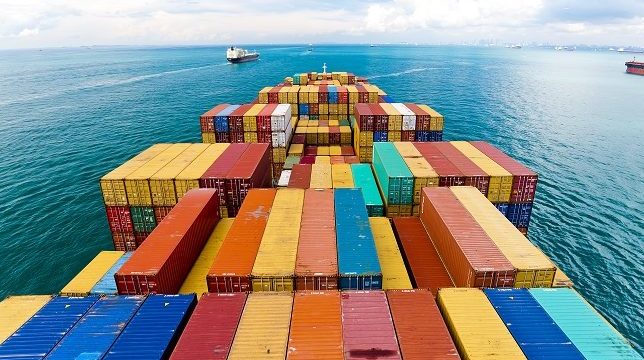In December, the FMC was reportedly concerned that certain practices of ocean carriers and their marine terminals may be amplifying the negative effect of bottlenecks at these ports and may be contrary to provisions in the Shipping Act of 1984.
Recently, California officials asked the FMC to compel carriers to suspend or reduce detention and demurrage charges, cancel congestion surcharges, and enhance notifications on empty-container receiving locations. However, according to the World Shipping Council (WSC), which represents carriers, and Pacific Merchant Shipping Association (PMSA), which represents terminal operators, congestion and equipment shortfalls are driven by COVID changes to consumer behavior, not carrier and terminal practices. Additionally, regarding the proposal to suspend or reduce detention and demurrage and other charges, the groups maintained that this would reduce container availability for both importers and exporters — and create even more port congestion.
Bloomberg reported that the global food trade is being “upended by the container crisis,” saying that the competition for scarce containers is not only impairing food exports from America, but also from Thailand, Canada, India and Vietnam.
Source: Freightwaves


